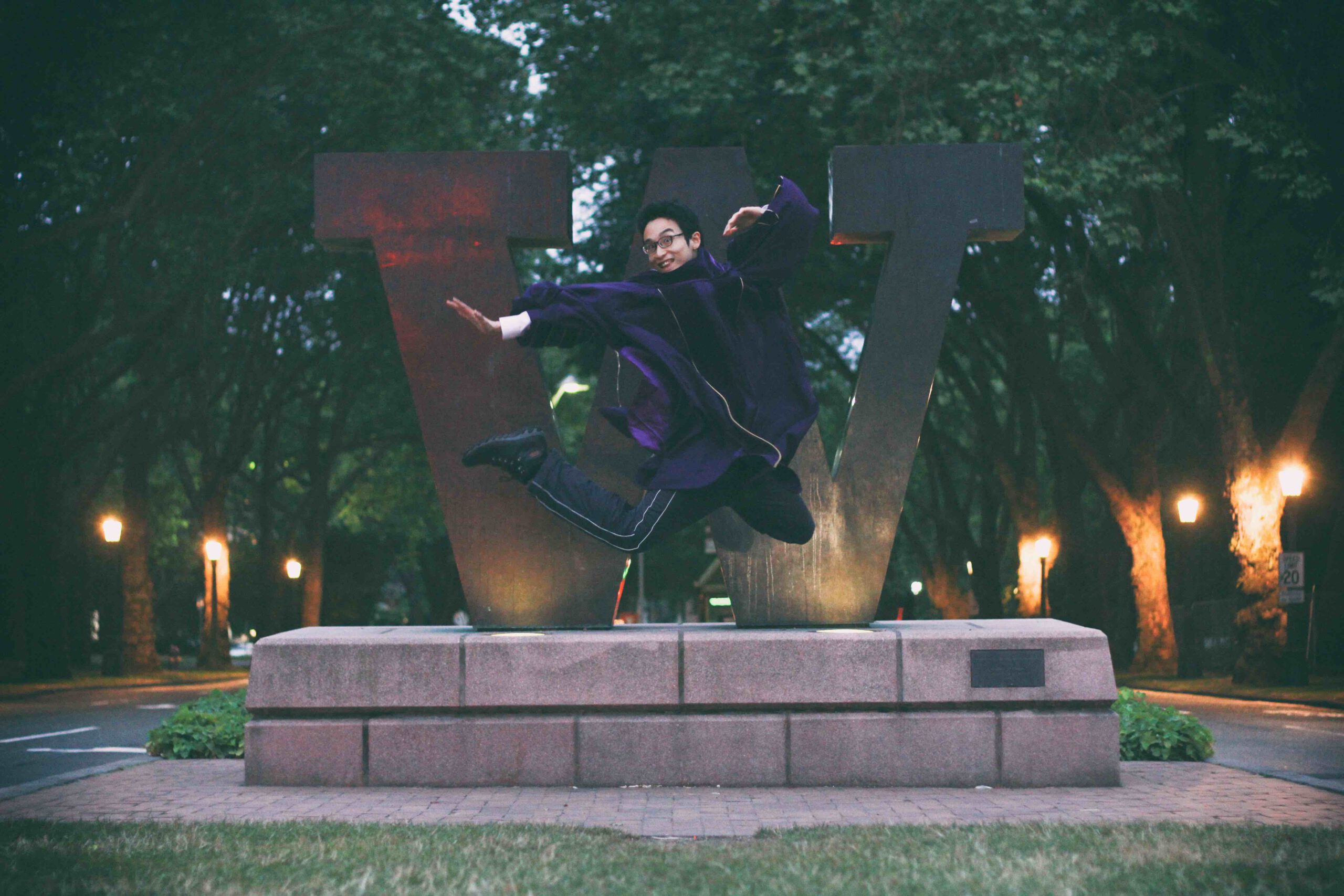
Hao Shen pioneered the creation of self-assembling protein fibers from scratch in the lab of UW Biochemistry professor David Baker. Hao was part of our first cohort of students and is the first student to receive a PhD in molecular engineering from the University of Washington. Read more about Hao's scientific journey!
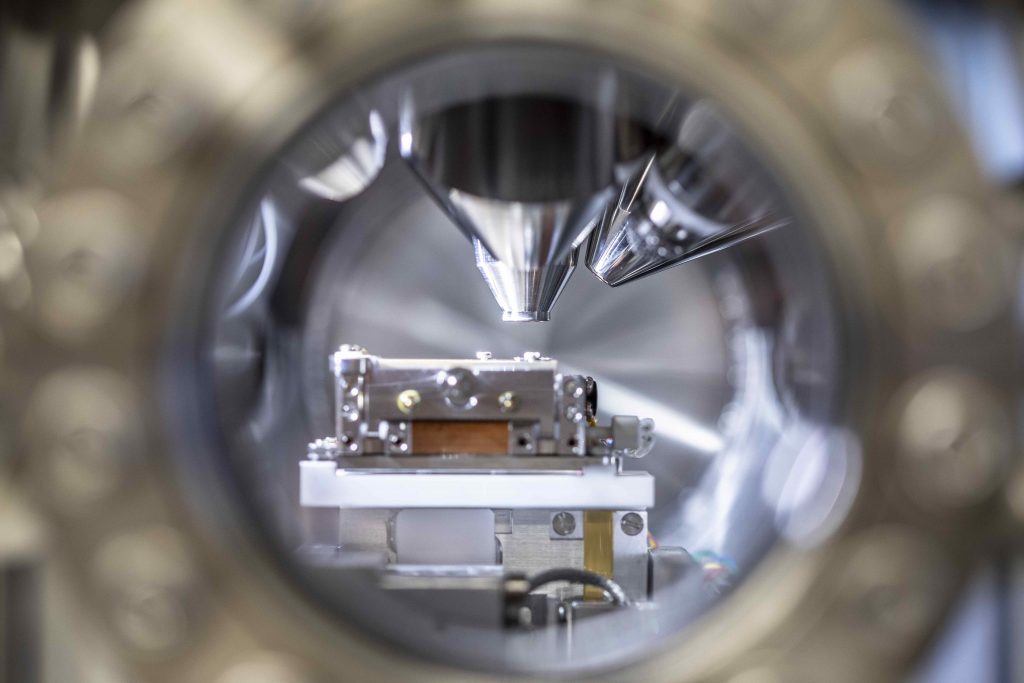
Workshop attendees will learn the nuts and bolts of surface characterization including commonly used methods and data analysis techniques. Lectures are accompanied by demonstrations on MAF instruments to provide attendees with a better understanding of the materials covered in workshop lectures.
In a paper published May 20 in the journal Nature Materials, a research team led by MolES faculty member Cole DeForest unveiled a new strategy to keep proteins intact and functional in synthetic biomaterials for tissue engineering. Their approach modifies proteins at a specific point so that they can be chemically tethered to the scaffold using light. Since the tether can also be cut by laser light, this method can create evolving patterns of signal proteins throughout a biomaterial scaffold to grow tissues made up of different types of cells.
Bioengineers have cleared a major hurdle on the path to 3D printing replacement organs with a breakthrough technique for bioprinting tissues. A research team led by MolES faculty member Kelly Stevens, assistant professor of bioengineering and investigator at the UW Medicine Institute for Stem Cell and Regenerative Medicine, has created exquisitely entangled vascular networks that mimic the body's natural passageways for blood, air, lymph and other vital fluids. The team published its findings May 3 in the journal Science. Their research was also featured in Newsweek, Forbes, among other outlets.

Christine Luscombe, MolES Education Director and Campbell Career Development Endowed Professor of Materials Science & Engineering, received the 2019 College of Engineering Faculty Award in Research. MolES faculty members Arka Majumdar, Assistant Professor in Electrical & Computer Engineering and Physics, and Elizabeth Nance, Clare Boothe Luce Assistant Professor of Chemical Engineering, received Junior Faculty Awards in recognition of their leadership in research and education.
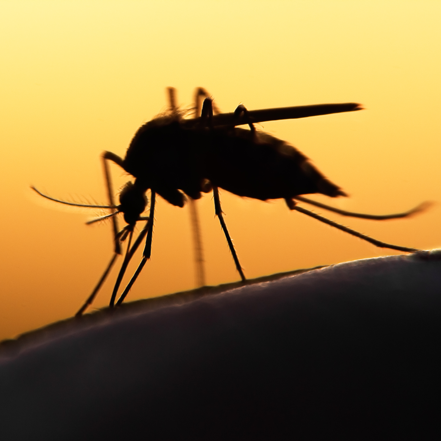
A research team led by University of Washington (UW) Distinguished Career Professor of Bioengineering and Molecular Engineering & Sciences (MolES) Institute Director Patrick Stayton has received a grant from the Bill & Melinda Gates Foundation to develop a new therapeutic for the radical cure (prevention of relapse) of malaria.
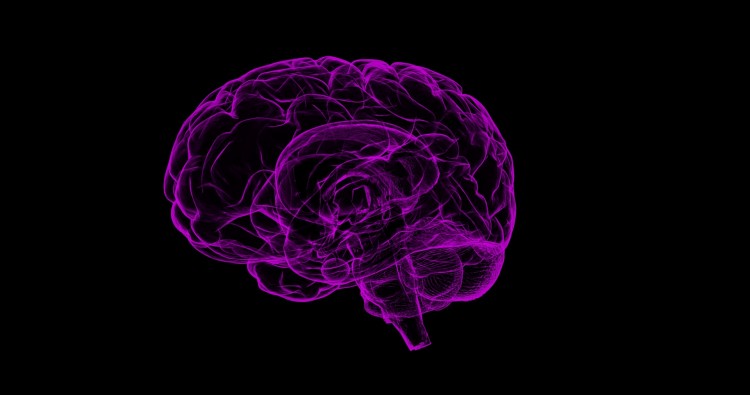
A team led by MolES faculty member and bioengineering Professor Valerie Daggett has developed synthetic peptides that target and inhibit the small, toxic protein aggregates that are thought to trigger Alzheimer's disease. Dylan Shea, a molecular engineering PhD student in the Daggett lab, was the lead author on a new paper describing these findings, published April 19 in the Proceedings of the National Academy of Sciences.
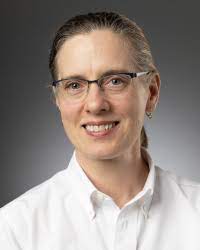
MolES faculty member and UW Chemistry Professor Sarah Keller received a 2019 Cottrell Scholars STAR (Science Teaching and Research) Award from the Research Corporation for Science Advancement. The STAR Award "recognizes the outstanding research and educational accomplishments of Cottrell Scholars." Congratulations!
We've launched a new quarterly newsletter! Learn about the latest advances in molecular engineering research at UW, the students and faculty in the MolES community, new programs and events, as well as updates from the MAF.
A research team at the University of Washington, including MolES faculty member Nathan Sniadecki, an associate professor in the Department of Mechanical Engineering, has created a novel system that can measure platelet function within two minutes and can help doctors determine which trauma patients might need a blood transfusion upon being admitted to a hospital. The team published its results March 13 in Nature Communications.